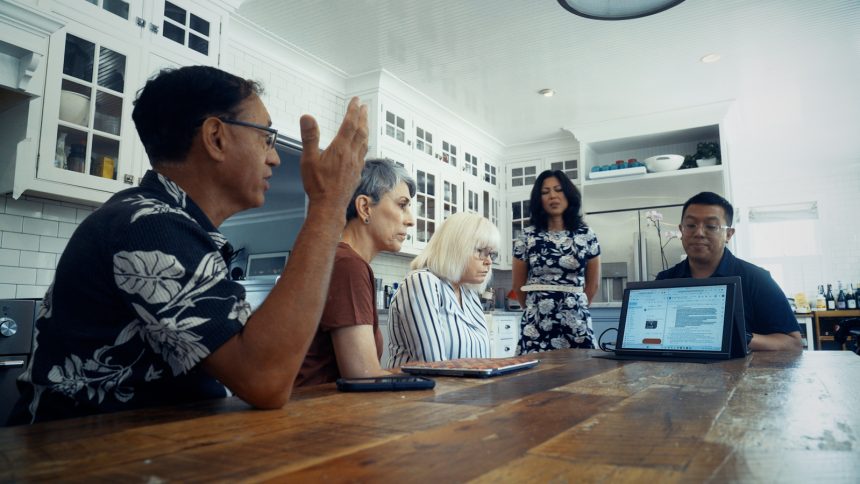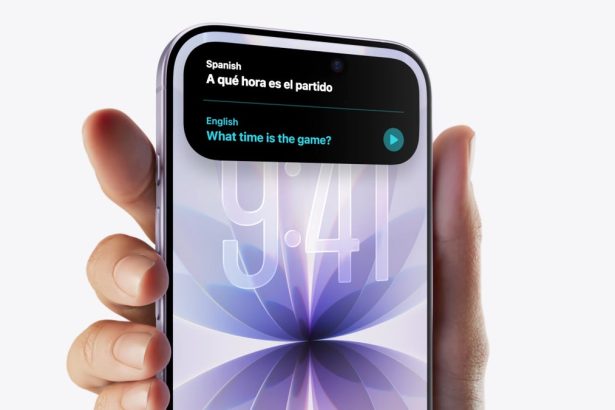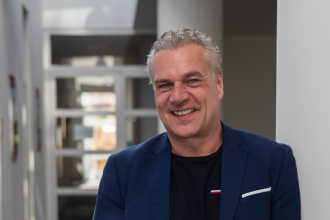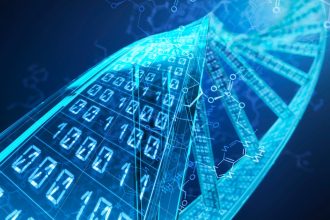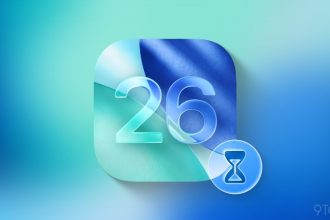ALTADENA, Calif. — On the evening of January 7, as the Eaton Fire ignited in Southern California, a WhatsApp group originally intended for country club pickleball turned into a crucial support network for Altadena residents. This chat facilitated evacuations and disseminated vital updates as flames drew perilously close to homes.
Today, that initial group has transformed into the Eaton Fire Survivors Network, now hosted on Discord, and it serves over 2,500 displaced individuals by providing recovery resources and digital assistance.
“We’ve collected more than 400 firsthand accounts of delays, denials and underpayments from insurance companies,” stated Joy Chen, the network’s executive director and a former deputy mayor of Los Angeles. She noted, “Certain tactics have revealed themselves. One of them is constantly rotating adjusters.”
According to Chen, some families have dealt with as many as nine to eleven adjusters assigned to a single insurance claim. “Every time they seem to make some progress on a claim, then boom, they have a new adjuster coming in saying, ‘OK, we’re going to start all over again.’ What that previous person told you is no longer operative. It’s up to me now. We’re starting to see the systemic nature of some of these delay and denial tactics.”
In response to these challenges, the network is advocating for systemic reform. “We’ve brought these delay and denial tactics to state legislators and the media,” Chen explained. “There’s a massive power imbalance between any one of us and a multibillion-dollar insurance company. By uniting and sharing information, we’re starting to level the playing field.”
Andrew King, a former high school principal and member of the network, understands the enormity of the recovery process. “At 6:30 that night, we were just leaving dinner for a hotel. In the back of my head, I thought – we’re going to lose the house tonight,” he recalled. By the next morning, his fears were realized as his family lost their home. However, his determination has helped foster community support in the wake of this tragedy.
King, along with Chen, is leveraging AI tools to assist neighbors in a critical aspect of recovery: documenting lost belongings for insurance claims. “My spreadsheet has more than 2,000 rows. It’s overwhelming,” he admitted. “AI allows you to have a conversation almost with yourself about what you’ve lost and how to recover it.”
To help bridge the digital divide, King conducts in-person workshops at local libraries and at residents’ homes, instructing members of the Eaton Fire Survivors Network, particularly the elderly and those less familiar with technology, on using AI for recovery efforts. “There are those in the community who are less served or less able to recover because of their access to resources or their ability to navigate,” he said. “Sometimes this might be elderly folks who are not able to access these digital resources. Sometimes it might be just folks who, either by choice or by skill, are not connected to the internet or AI.”
Leaving behind a nearly 20-year career in education was a challenging decision for King, but the fulfillment he gains from this work drives his efforts. “If I can help any one person get back to their home faster, that’s incredibly rewarding,” he stated.
For both Chen and King, the focus remains clear: empower survivors and rebuild stronger than before. “No one should have to go through this alone,” King said. “Together, we can be Altadena strong.”
For further details about the Eaton Fire Survivors Network and its AI recovery tools, visit efsurvivors.net. Contributors to this report include Mike Ryan, Stephanie Maurice, Dean Singleton, Julia Seifer, Kristie Bihn, Sophie Flay, Andres Rovira, and Daisy Macias.AI


